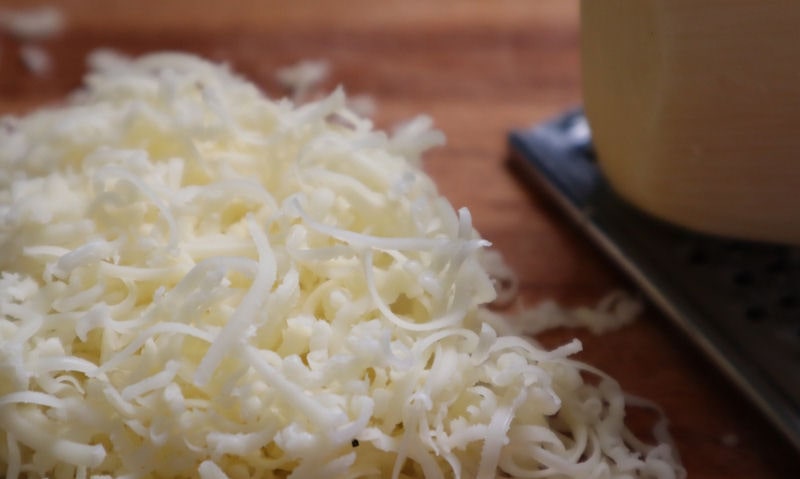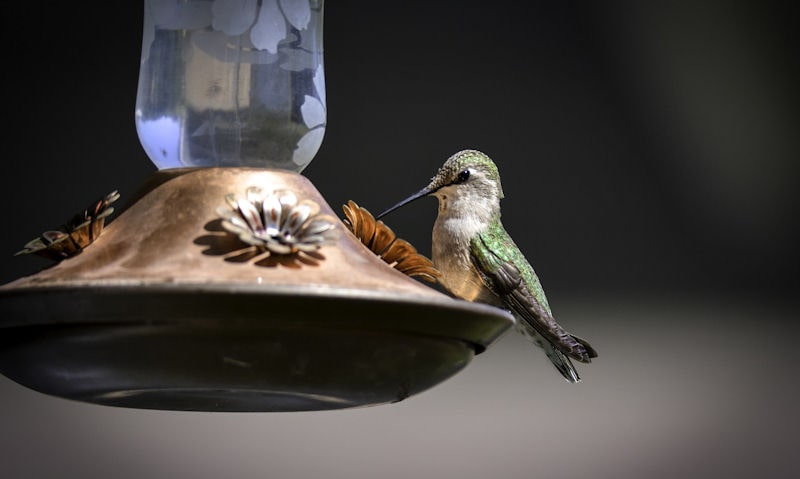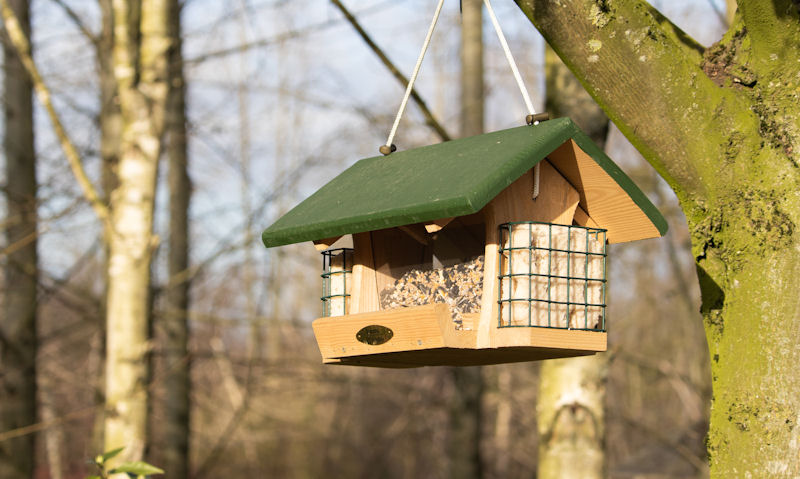Can wild birds eat cheese
Who would of thought some types of cheeses can be fed to wild birds, when grated cheese in particular will be eaten by none other than Blue Jays and Blackbirds.
Cheese is the only dairy food wild birds can eat and how it benefits our backyard birds, is how safe semi-hard to hard cheeses can fatten up wild birds come winter. Food becomes scarce in the winter of which wild birds eat less. Its a race against time to put on fat of which cheese varieties will benefit hugely.
With some of our backyard birds able to safely feed on fermented dairy foods like cheese, benefits to their health are crucial.
While a little grated hard, mild cheese can be fed to wild birds out in the yard, do so in wintertime - like when it snows and in below freezing temperatures.
Birds need fattening up in winter as they regularly lose weight due to the additional foraging they're forced to do, due to lack of natural food resources becoming scarce due to freezing up, or covering up under snow.
Its still vital to feed wild birds proper wild bird feed like seeds and peanuts - with suet especially being the real deal in winter - whereas cheese is only a substitute to much fattier, yet highly nutritious suet in all its forms.
Prioritize cheese more in winter with an option to carry on well in to springtime.
What kind of cheese matters too as strong, smoked or soft cheeses can cause upset tummies, along with soft cheeses possibly causing issues around birds' bills - where cream cheese could end up getting matted in their feathers.
Make it hard cheeses only like mild Cheddar which can be grated to provide wild birds a quick and easy bite.
Cheese is technically one of a few kitchen scraps wild birds can eat which must be fresh, have no mold and be in date.
What wild birds do eat cheese can include one or more of Pigeons, Blue Jays, Gray Catbirds, Blackbirds, House Sparrows, and Crows if in the area.
Mild cheese to avoid upset tummy
With many cheeses being perfectly fine to feed our backyard birds, do bear in mind there are risks to be had.
Some cheese selections can in fact cause a wild bird to have an upset tummy; this can lead to bouts of diarrhea along with a painful gut, and what could be, eventual death.
To avoid that you will obviously need to make sure the cheese is fresh and still in date, with absolutely no visible signs of mold on the surface. Little discoloring you get in cheese is fine, but only if its still safe to eat by people.
What else is important when avoiding an upset tummy, is not feeding wild birds too much cheese.
Its all about a balanced diet when feeding wild birds in the yard, thus too much diary will like I said before, cause bouts of diarrhea.
Feed wild birds on hard to semi-hard cheeses only like grated Cheddar's, because cheeses like cream cheese or Brie just might not agree with their system.
Cheddar-like cheeses only
While wild birds can eat cheeses you provide out in the yard, let's play it safe by feeding wild birds on cheeses we known and love ourselves.
As most of us love our Cheddar cheese... Cheddar it must be when fed to wild birds.
Unfortunately there is still limits on what kind of Cheddar cheese you can feed wild birds mind. For example, mild Cheddar in grated form in a must, while kids lunchbox Cheddar's will be unacceptable, as added flavors or salt could be added.
To feed wild birds on Cheddar cheese, make it a block of Cheddar you must personally grate yourself - or indeed if you decide to buy Cheddar already grated in a sealed pack.
In addition to Cheddar, there's plenty of hard cheeses you can feed to wild birds, including those you cannot, as listed below:
GOOD cheese varieties
- Mild Cheddar - Light to mild Cheddar cheeses only
- Edam - Elastic texture that can be grated well when provided to wild birds
- Gruyere - Grainy Swiss cheese that will grate very well
- Gouda - Hard in texture which wouldn't cause issues with wild birds
- Swiss Emmental - Semi-hard cheese has so many uses
- Dutch - Semi soft this time which can be grated or broken up by hand
BAD choice cheeses
- American burger cheese - Sticky-like texture would cause issues on bill/feathers
- Cream cheese (i.e. Philadelphia cheese) - Spreadable cheese caught in feathers
- Mozzarella - Generally too soft with high moisture
- Camembert - Hard but can be too crumbly, possibly softens up too much in heat
- Brie - Runny, creamy texture sure to cause issues on feathers and bill
- Feta - Very soft Greek cheese will soften as its being eaten
- Stilton - Hard enough but a perfect example of too strong cheese
- Smoked cheese - Like strong cheeses, same applies to smoked varieties
Cheese is a way to attract birds
While I would say most types of cheeses fed to backyard birds won't attract the most appealing wild birds in our yards, cheese cans still attract a small number of birds you wouldn't mind seeing at bird feeders.
Blue Jays most of all will practically feed on anything you throw at them, which means they can benefit when fed on cheese.
And while your common Blackbirds are sure to eat any scraps of cheese, this is sure to be followed up with House Sparrows.
Gray Catbirds may possibly eat grated Cheddar but so to will Pigeons.
Worse ones to attract are Crows of course, who can kill or injure friendly songbirds, thus no cheese or scraps must be offered if it only attracts predatory wild birds.
Once you've put out grated cheese for wild birds to help themselves to, keep an on eye on proceedings to be sure some cheese is at least eaten. If none is touched within 24 hours, then its probably best to stop feeding wild birds cheese all together.
Unless of course its the dead of winter as wild birds will be more willing to fatten up on cheese, and may need a little more time to locate your cheese pile.
Grate/shred to provide small birds
I think I might of mentioned it once or twice - and perhaps a dozen times - but its important to grate/shred cheese before leaving it out for wild birds.
Large wild birds especially are guaranteed to dive down to the cheese source where they're capable of stealing a whole block of Cheddar cheese to take away with them.
To grate Cheddar into pieces will mean there's no possible way it can be eaten up by just the one nuisance birds, like a Blue Jay or Pigeon.
Birds will be forced to stay put for a while as they feed on a dozen or so grates of cheese.
Hard cheeses like Cheddar or Swiss varieties can be grated and if they can't, then that may be a sign the cheese isn't suitable to feed wild birds.
Cheddar is a perfect example of a quality cheese that can be grated with ease, but if you have to, you can simply chop up the Cheddar block into ½cm size cubes instead.
Put cheese in dish or bird feeder tray
Now that you know to feed wild birds on semi-hard to hard cheeses like Cheddar, while avoiding too soft cheese that can't be grated, let's think of a way you can feed cheese to birds that stays accessible to all cheese-eating wild birds.
Well, to begin with grated cheese can be put in a heavy, ceramic dish you would likely put all other kinds of kitchen scraps in, which is all in an effort to prevent food staining or hardening on your deck railing or wooden outdoor surfaces.
Benefit to a ceramic dish that can be placed anywhere, is it will be accessible to all size birds, and especially all those that eat cheese.
Never put cheese or any kind of kitchen scraps within your confined bird feeder, as the cheese will rot before its found.
Cheese can go in a bird feeder tray that is open to the elements, but never within a small, compact feeder that is made to hang.
Similarly, you can put grated cheese on top of a platform bird feeder, where you may need to find a way to stop the lightweight grated cheese flying away in the wind. Where there's cheese, I would recommend mixing a handful with real wild bird feed varieties.
Summarize
When focusing on mild hard cheeses like Cheddar, we can guarantee its safe for wild birds; where too strong, mature cheeses - even strong Cheddar cheese - can cause a nasty stomach ache and diarrhea if fed too much cheese in one go.
Similar to mature strong cheeses, is smoked cheeses which can cause issues similar to how mature cheeses can cause tummy upsets.
Soft cheeses must never be fed to wild birds due to this kind of cheese - like cream cheese and Feta - getting into their feathers, or where soft cheese can make a mess around their bill/beak.
More so, cheeses like Parmesan produces salt-like crystals which is extremely toxic to all wild birds.
To play it safe, only Cheddar should be fed to wild birds where it must be put in a dish or a fully accessible bird feeder tray - as a heap of grated cheese only. Grated because then some is eaten at a time, whereas a whole block of cheese will just end up be stolen.
What wild birds do eat cheese can include Blackbirds, Pigeons, Blue Jays, Crows and Gray Catbirds.


